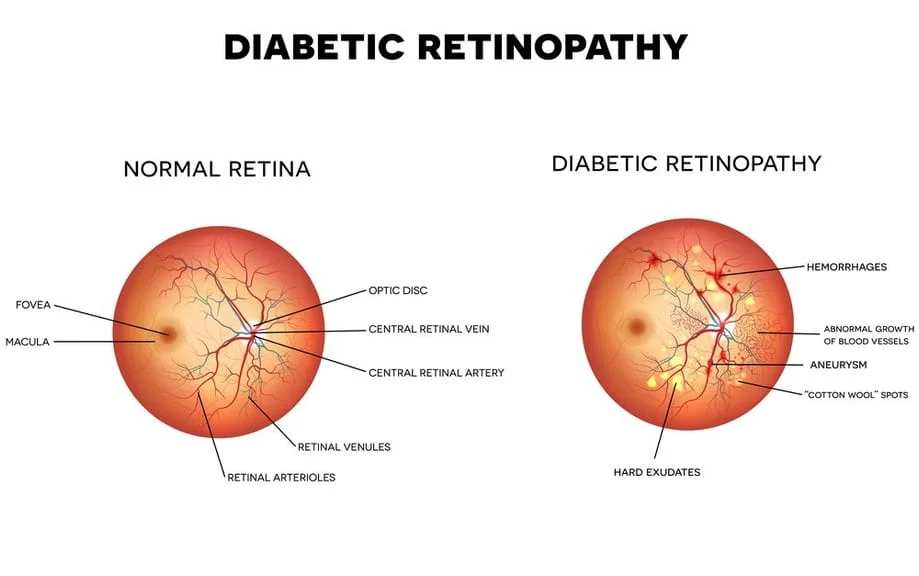There are certain problems that are becoming more and more common in the United States and one of these is diabetes. When someone has been diagnosed with diabetes, there are several complications that can develop. Some of these include diabetic neuropathy, kidney failure, and diabetic retinopathy. Diabetic retinopathy can leave someone blind if not handled appropriately. Therefore, it is important for everyone to know what this complication is, how it develops, and how it can be treated.
What is Diabetic Retinopathy?
One of the most common complications of diabetes is called diabetic retinopathy. This is a complication that targets the eyes. When people have diabetes, their elevated levels of glucose can start to damage their red blood cells. In turn, this will also damage their blood vessels. When these blood vessels are damaged, this can also impact their eyesight, causing damage to their retinas. It is important for everyone to identify this early and prevent it from progressing.
What are the Symptoms of Diabetic Retinopathy?
Often, diabetic retinopathy will set in before any symptoms even start to develop. When symptoms of diabetic retinopathy do start to set in, this can take the form of dark spots in the visual field, blurry vision, and difficulty reading books and magazines. These are all signs that someone needs to visit a doctor right away. This might lead to permanent vision loss.
How is this Complication Prevented?
Unfortunately, if someone has developed vision problems due to diabetic retinopathy, the damage might not be reversible. On the other hand, it is also possible for someone to prevent this complication from developing in the first place. This means keeping tight control on insulin and glucose levels in addition to seeing an eye doctor regularly. With early intervention, many of the consequences of this serious complication can be prevented. Everyone with diabetes must take care of their eyes.


